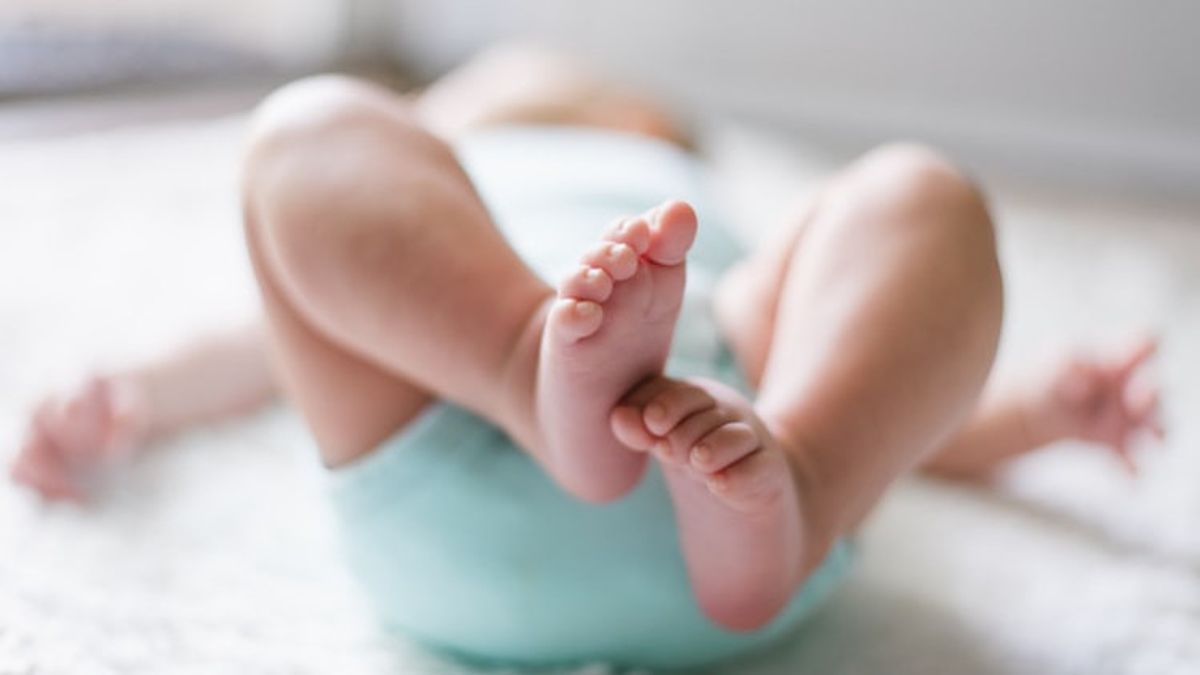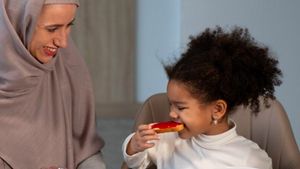JAKARTA - Celine Ng-Chan, a woman infected with COVID-19 in Singapore who was pregnant in March, has now had her baby born with antibodies to the disease. Then does this mean that babies who have these antibodies can be immune to COVID-19?
"My doctor suspected I had given my COVID-19 antibodies to him during my pregnancy," said Ng-Chan. When infected with COVID-19, she was 10 weeks pregnant.
"I am not worried that Aldrin will catch COVID-19. Because I read that the risk of transmission (from mother to fetus) is very low," he added.
Ng-Chan is not the only one infected with the coronavirus while pregnant. As quoted by The Straits Times, Monday, November 30, he also knew another woman, namely Natasha, experienced the same thing when she was pregnant with her first child.
Natasha, a 29-year-old speech and language therapist, tested positive for the coronavirus at the 36th week of her pregnancy in March. She gave birth to her baby on April 26 and is possibly the first baby born in Singapore with antibodies to COVID-19.
It is not known at this time how many babies in Singapore are born from the womb of mothers who suffer from COVID-19. Current evidence also shows that newborns catching COVID-19 from their mothers are not affected by mode of delivery, choice of food such as breast milk or bottles, or if mother and baby share the same room after delivery.
The World Health Organization (WHO) says it is not yet known whether a pregnant woman with COVID-19 can transmit the virus to her fetus or baby during pregnancy or childbirth. Until now, the active virus has not been found in fluid samples in infants in the womb or in breast milk.
Antibodies do not last longPeople who recover from viral infections usually have an immune response and develop protection against the disease. The immune system produces antibodies, which are able to recognize the virus if it strikes a second time. Antibodies should also know how to fight them.
But in the case of the new corona virus, according to research conducted at the Schwabing Hospital in Munich, Germany, quoted by Deutsche Welle, it shows a deviation from the norm.
This is because the antibodies in the bodies of former COVID-19 patients can disappear in just two to three months. Under these conditions, patients can come back infected with the corona virus because they no longer have protection.
As for doctors in China reported in the journal Emerging Infectious Diseases, that the antibodies detected in infants can decrease over time. That means, babies who have antibodies inherited from their mother, are not sure to have immunity to the new corona virus or SARS-CoV-2.
The English, Chinese, Japanese, Arabic, and French versions are automatically generated by the AI. So there may still be inaccuracies in translating, please always see Indonesian as our main language. (system supported by DigitalSiber.id)













